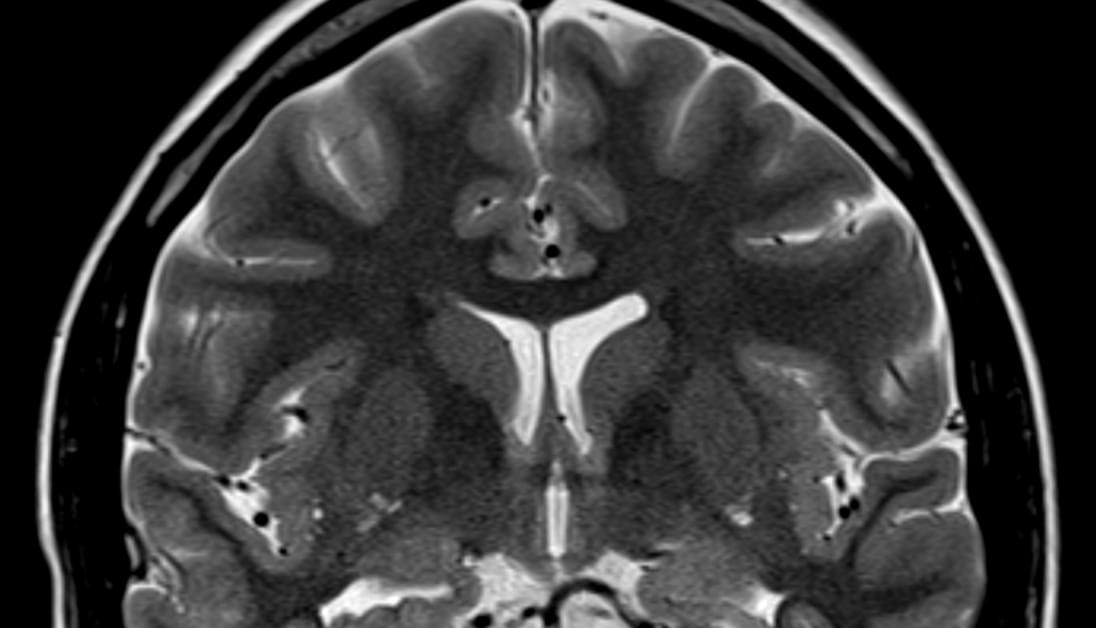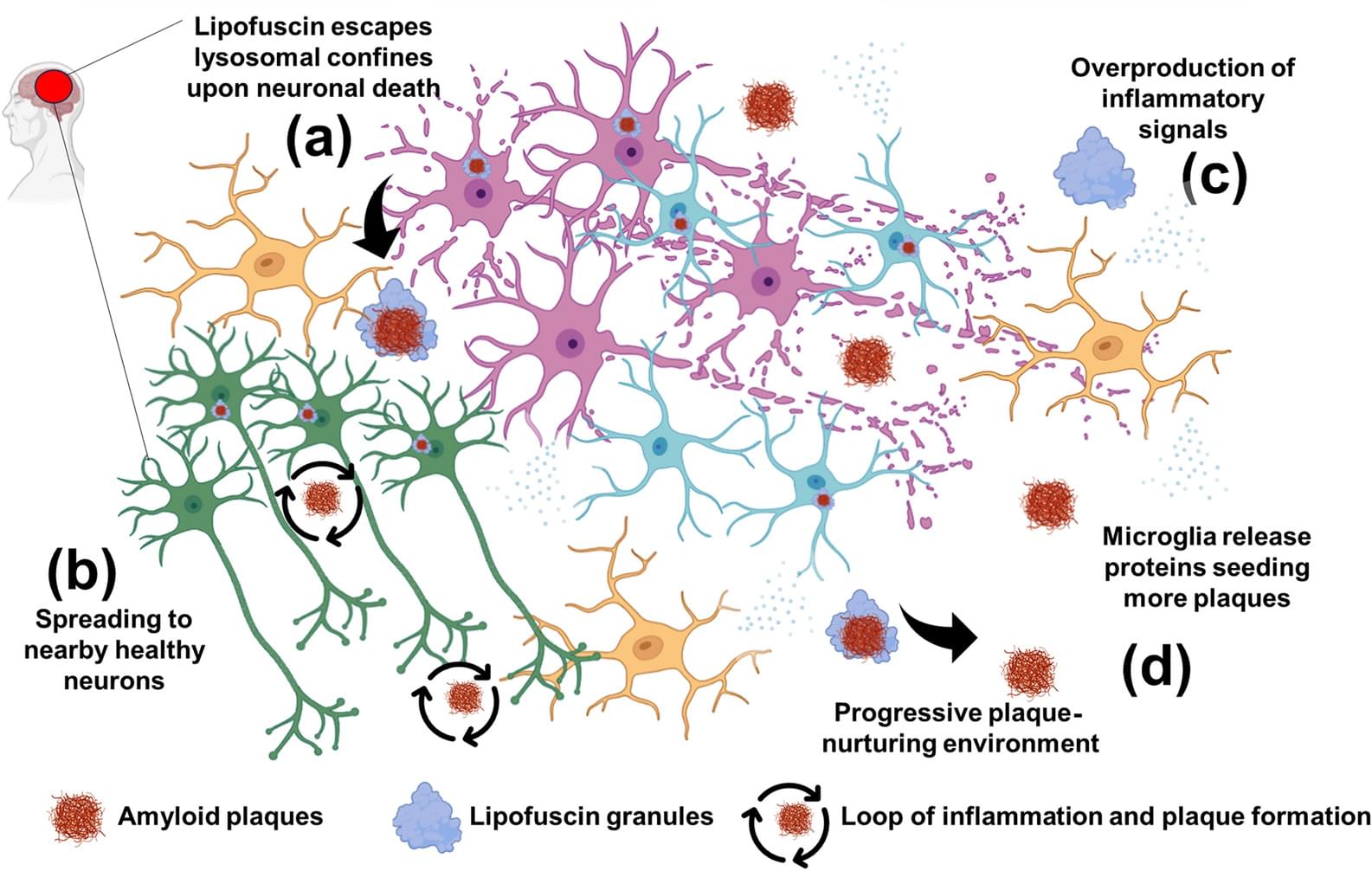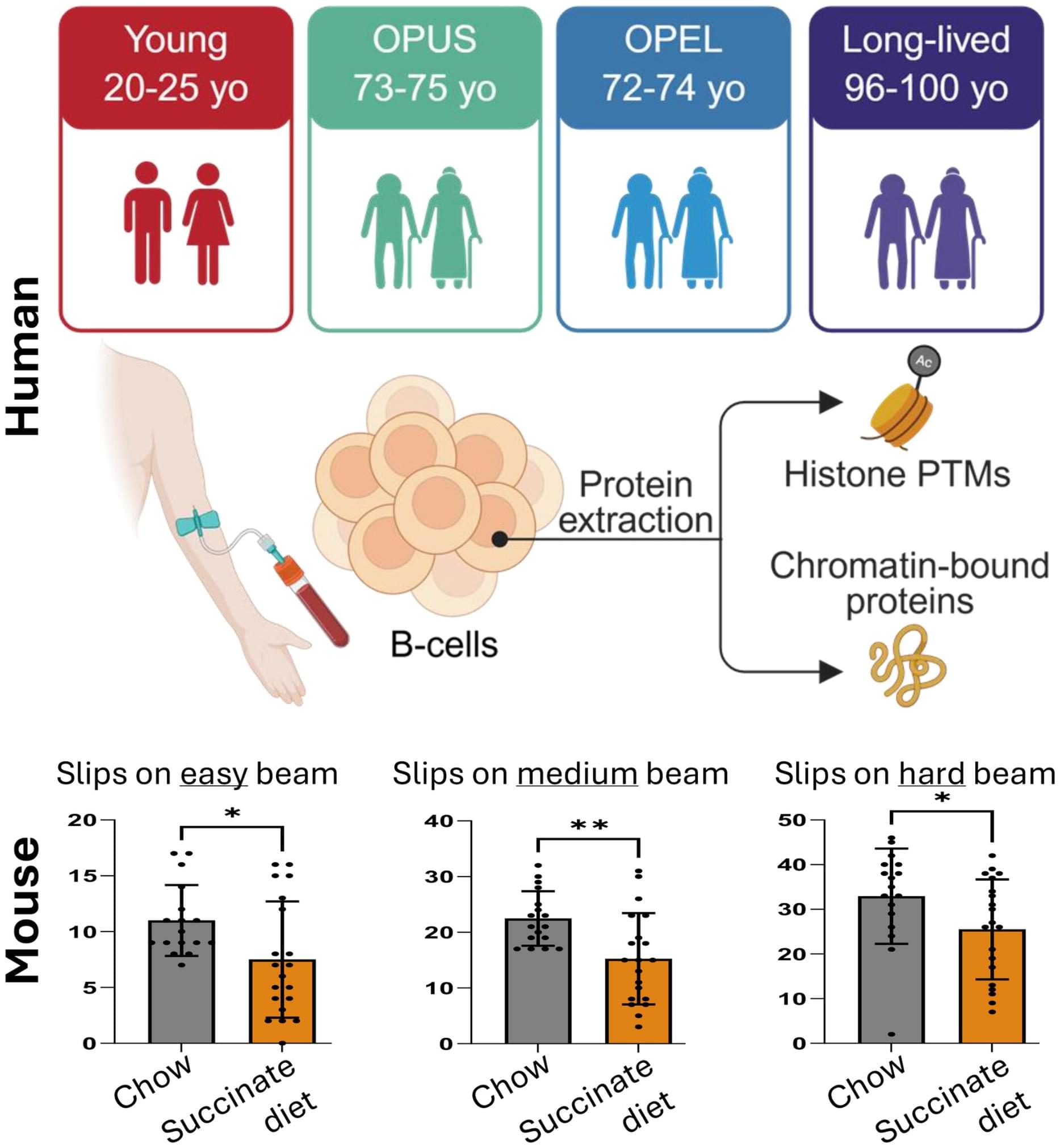These 7 science-backed food habits support longevity without raising your grocery bill. Simple, affordable changes with real payoff.


Creating mini mitochondria factories helped recharge damaged cells in a dish, providing proof-of-concept work that could pave the way to new regenerative medicine therapies

Getting older means losing things. Some are fine, like any f**ks you have left to give or your tolerance for cheap tequila. Others, like the ability to follow a conversation in a loud room, hit harder.
But scientists now think there’s a way to fight back. And it might start at a piano bench.
Researchers publishing in PLOS Biology found that older adults who have played music for decades have brains that function more like those of someone half their age, at least when it comes to understanding speech in loud environments. In brain scans, they showed cleaner, more focused activity while listening to spoken syllables buried in background noise. Their brains weren’t scrambling. They already knew what to do.

Vascular aging and genetic risk jointly shape coronary artery disease susceptibility across races and sexes.
BackgroundEstimated pulse wave velocity (ePWV), a noninvasive marker of arterial stiffness, reflects vascular aging and has been associated with increased coronary artery disease (CAD) risk. However, the interplay between ePWV and genetic factors, including polygenic risk score (PRS) and apolipoprotein E genotypes, in determining CAD susceptibility remains unclear.

Think of cells as the biological answer to battery-powered electronics. Mitochondria are the batteries that supply them with enough energy to keep going. Unfortunately, just like the two standard AAs in your remote control, they eventually run out of power and die—but (much like actual batteries) they can also be recharged and replaced.
Breakdown of mitochondria causes cells to glitch. Wear and tear can happen with age, usually from years of exposure to free radicals that cause oxidative stress and inflammation, but can also be caused by injury from degenerative diseases or mitochondrial toxicity from certain drugs and other harmful substances. When there is damage to the cell, mitochondria begin to lose their capacity to generate energy. Losing mitochondria is detrimental to cell function. This is why biomedical engineer Akhilesh Gaharwar and his research team at Texas A&M University have come up with a way to regenerate them.


Lipofuscin, a marker of aging, is the accumulation of autofluorescent granules within microglia and postmitotic cells such as neurons. Lipofuscin has traditionally been regarded as an inert byproduct of cellular degradation. However, recent findings suggest that lipofuscin may play a role in modulating age-related neurodegenerative processes, and several questions remain unanswered. For instance, why do lipofuscin granules accumulate preferentially in aged neurons and microglia? What happens to these pigments upon neuronal demise? Particularly in neurodegenerative diseases like Alzheimer’s disease (AD), why does amyloid β (Aβ) deposition usually begin in late adulthood or during aging? Why do lipofuscin and amyloid plaques appear preferentially in grey matter and rarely in white matter? In this review, we argue that lipofuscin should be revisited not as a simple biomarker of aging, but as a potential modulator of neurodegenerative diseases. We synthesize emerging evidence linking lipofuscin to lysosomal dysfunction, oxidative stress, lipid peroxidation and disease onset—mechanisms critically implicated in neurodegeneration. We also explore the potential interactions of lipofuscin with Aβ and their spatial location, and summarize evidence showing that lipofuscin may influence disease progression via feedback loops affecting cellular clearance and inflammation. Finally, we propose future research directions toward better understanding of the mechanisms of lipofuscin accumulation and improved lysosomal waste clearance in aging.

In this video, we break down six major scientific breakthroughs from July to September that are pushing us closer to true age reversal — from AI-designed drugs and senolytics to epigenetic reset and real human results.
You’ll see how AI, wet-lab automation, and new biomarkers are accelerating longevity research faster than ever before — and what this means for your future healthspan.
0:51 — Breakthrough #1: AI Becomes the Scientist.
1:30 — Breakthrough #2: Reprogramming at 50× Speed.
2:24 — Breakthrough #3: Human Results Are Finally Here.
2:52 — Breakthrough #4: AI Discovers Drugs From Scratch.
3:38 — Breakthrough #5: Aging Now Has a Dashboard.
4:12 — Breakthrough #6: The Telomere Puzzle (TEN1)
4:38 — The Double-Edged Sword of Rejuvenation.
5:04 — The LEV Cycle.
📌 ABOUT THIS CHANNEL
Easy Insight simplifies the science of longevity — from AI-driven age reversal and gene editing to breakthroughs that could let us outpace aging itself.
No hype. No speculation. Just easy, factual insight into how technology may redefine human healthspan.
🔍 KEY TOPICS
longevity, AI longevity, artificial intelligence, anti-aging, rejuvenation, CRISPR, epigenetic reprogramming, healthspan extension, age reversal, LongevityEscapeVelocity, biotechnology, Easy Insight, biomarkers, senolytics, telomeres.
💬 JOIN THE CONVERSATION
What would you do with 100 healthy years?
Share your thoughts in the comments 👇
👍 Like if this video made you think deeper.
🔔 Subscribe to follow the science of living longer, better:
https://youtube.com/@EasyInsight-4everyone.
🎧 AUDIO + VISUAL PRODUCTION
